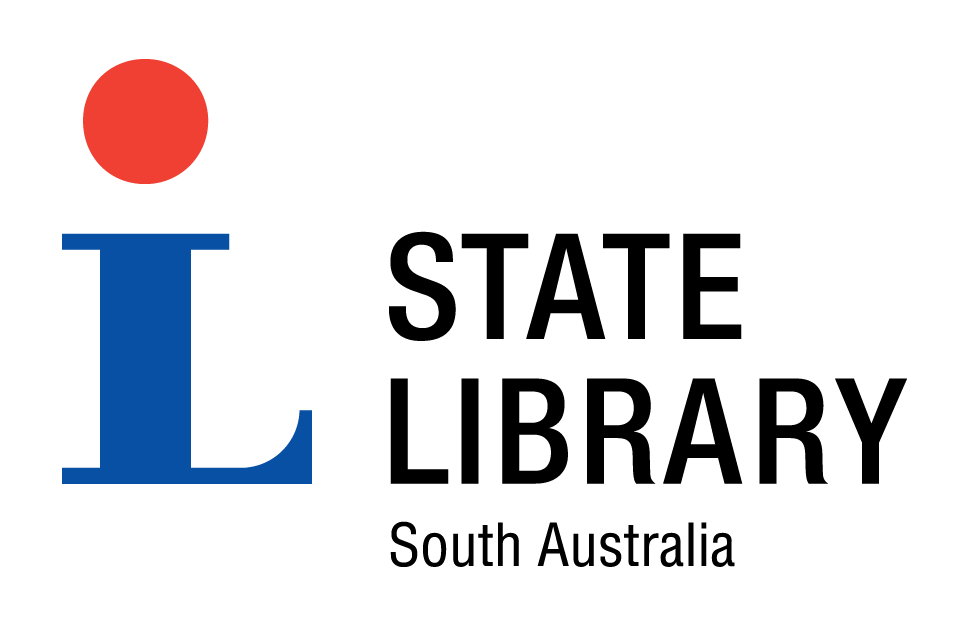
Large group of 'Barwell Boys' |
|||
|---|---|---|---|
| Title : | Large group of 'Barwell Boys' |

|
|
| Date of creation : | 1922 | ||
| Format : | Photograph | ||
| Catalogue record | |||
| The State Library of South Australia is keen to find out more about SA Memory items. We encourage you to contact the Library if you have additional information about any of these items. | |||
| Copyright : | Reproduction rights are owned by State Library of South Australia. This image may be printed or saved for research or study. Use for any other purpose requires permission from the State Library of South Australia. To request approval, complete the Permission to publish form. |
| Description : |
Large group of 'Barwell Boys' at Keswick Barracks, September 1922. The Barwell Boys were British lads who came to South Australia in the 1920s to be apprenticed on farms throughout the state. More than 1440 boys, most in their mid to late teens, migrated to South Australia under a scheme instigated in 1922 by the Liberal Premier Sir Henry Barwell as a means to gain young men for agricultural and pastoral work. Barwell aimed to address the loss of 6,000 South Australian men who had been killed in World War I. The general need to bolster the population numbers in Australia, while mindful of the 'White Australia' policy, was also paramount. Workers were required to assist both farmers and soldier settlers who were to develop productive holdings. British support for the program was prompted by the high level of unemployment in the 'Mother country', coupled with desire to reinforce the ties with and strength of the British Empire. An Apprenticeship Agreement was signed by each boy, assigning him to a farmer for three years. Working and living conditions as well as wages were detailed. South Australian Department of Immigration Director Victor Ryan supervised the scheme, being responsible for the boys' reception, assigned employment, and welfare - he corresponded with the boys and their families. The Labor Party opposed the scheme, criticising it as a source for cheap labour, declaring that Australian boys should have been preferred, and expressing concern for the welfare and care of the young immigrants. After arriving at Port Adelaide, 'Barwell boys' were accompanied to the former Destitute Asylum. They were assigned to farmers generally within 48 hours of arrival. For some the culture shock of the harsh environment in rural South Australia was distressing, and the promises of the scheme were not realised for both personal and work reasons. However, many did complete their apprenticeships and remained in the state. This immigration scheme ceased after 1924. |
| Subjects | |
| Period : | 1919-1927 |
| Further reading : | Davis, John. 'Barwell's battlers', History matters, vol. 15 no. 3, November 2005, p. 1-4 Davis, John. 'The Barwell boys: true battlers', History matters, vol. 16 no. 1, February 2006, p. 4-7 Edwards, June. 'Barwell boys: oral histories', History matters ,vol. 16 no. 2, June 2006, p. 15-16 Index to applications for assisted passage as a farm apprentice, 1922-1924 [microform]: Barwell Boys, [North Adelaide, S. Aust.: State Records, 1993?] 'Report of the Select Committee of the Legislative Council on the Boy-Migrant Scheme and Nomination Schemes of Immigration', Parliamentary Papers (South Australia), 1924 |
| Internet links : | Australian Dictionary of Biography onlinesee: Barwell, Sir Henry Newman (1877-1959) History Trust of South Australiasee: History matters magazine: indexes |


